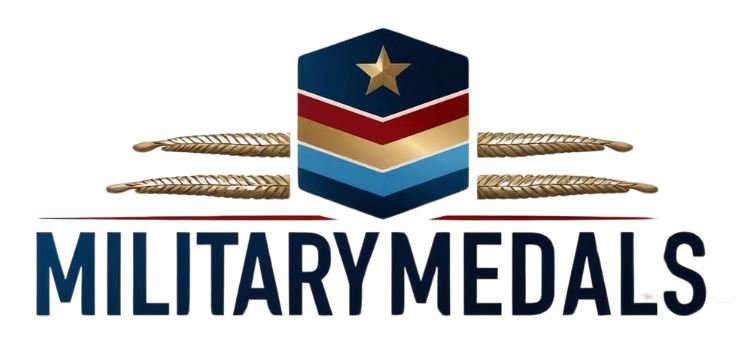Defence Minister Richard Marles has taken a significant step by revoking distinguished service medals from several current and former Defence officers due to alleged war crimes during their command in Afghanistan. The government remains discreet about the exact number of officers affected, emphasizing it is fewer than 10 individuals.
While the possibility of prosecuting personnel accused of war crimes still looms, the process is anticipated to be prolonged. The Office of the Special Investigator continues its inquiries into alleged war crimes by Australian troops, maintaining a veil of secrecy around the precise identities of the officers involved.
Former Chief of the Defence Force Angus Campbell, who received a Distinguished Service Cross during his tenure overseeing Australian forces in the Middle East, has not been implicated in the medal-stripping decisions. Marles’ actions primarily target accountability among commanders who served in Afghanistan, distinct from troops directly accused of war crimes or the broader cohort of Australian Defence Force personnel involved in the conflict.
Marles’ actions align with the recommendations of the Brereton Report, a pivotal investigation into allegations of war crimes by Australian special forces in Afghanistan. The report, released in 2020, highlighted distressing instances of misconduct, prompting intense scrutiny of military conduct and leadership.
In response to the report, the government has addressed 139 of the 143 findings, outlining a commitment to upholding accountability and rectifying past wrongs. The Brereton inquiry underscored the need for transparency and justice, urging a comprehensive examination of the events that transpired during the conflict.
While the revocation of medals has sparked outrage among some members of the defence community, Marles defended the decision as crucial for upholding the integrity of the Australian Defence Force. The legacy of the Afghanistan conflict continues to cast a shadow over the ADF, prompting introspection and a reevaluation of military practices.
Former Justice Paul Brereton, who spearheaded the inquiry, emphasized the concept of command accountability in his report, stressing the collective responsibility of unit members and their leaders. The report underscored the moral imperative for commanders to oversee and prevent misconduct within their ranks.
Despite the complexities and sensitivities surrounding the issue, Marles reiterated the government’s commitment to pursuing justice and respecting the investigative process. The prospect of war crime prosecutions remains a focal point, with assurances that any legal proceedings will be conducted diligently and in accordance with due process.
The government’s efforts to establish a compensation process for victims of alleged Australian misconduct underscore a broader commitment to redressing past grievances and providing support to those affected by the repercussions of the conflict. The path to reconciliation and accountability in the aftermath of the Afghanistan war represents a critical juncture for the Australian military and its ongoing commitment to upholding ethical standards.
📰 Related Articles
- Defence Minister Strips Military Medals: Impact on Australian Veterans
- War Hero’s Stolen Medals Returned by South Australia Police
- runDisney Unveils Magical Finisher Medals for 2025 Marathon Weekend
- War Band Celebrates Iconic Sound and Culinary Delights
- Ultrasound Techniques Key in Assessing Anti-Vascular Therapy Response






